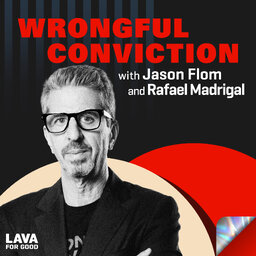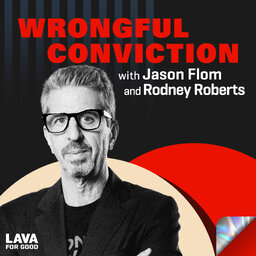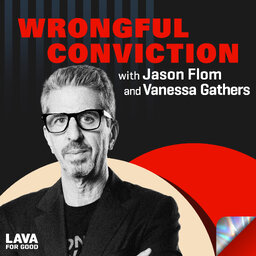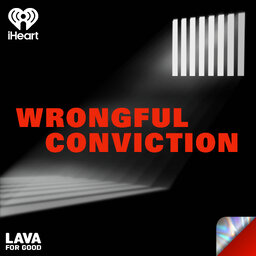#226 Jason Flom with Atif Rafay
Atif Rafay was a thriving, brilliant, and happy student who had just finished his freshman year at Cornell University. On a weekend trip in July of 1994, while visiting his family in Bellevue, Washington, Atif Rafay’s mother, father, and sister were all brutally murdered in their home. Investigators targeted Atif and his best friend, Sebastian Burns, because they were ‘acting strangely.’ Despite a corroborated alibi that both young men were not present during the killings, as well as extensive evidence of other parties’ involvement, Atif and Sebastian were convicted of murder.
Learn more and get involved at:
https://rafayburnsappeal.com/
https://www.ipetitions.com/petition/atif-rafay-and-sebastian-burns
https://www.wrongfulconvictionpodcast.com/with-jason-flom
Wrongful Conviction is a production of Lava for Good™ Podcasts in association with Signal Co. No1.
We have worked hard to ensure that all facts reported in this show are accurate. The views and opinions expressed by the individuals featured in this show are their own and do not necessarily reflect those of Lava for Good.
In 1 playlist(s)
Wrongful Conviction
Hosted by celebrated criminal justice reform advocate and founding board member of the Innocence Pro…Social links
Follow podcast
Recent clips

#562 Jason Flom with Rafael Madrigal
48:40

#561 Jason Flom with Rodney Roberts
53:02

#560 Jason Flom with Vanessa Gathers
50:04
 Wrongful Conviction
Wrongful Conviction